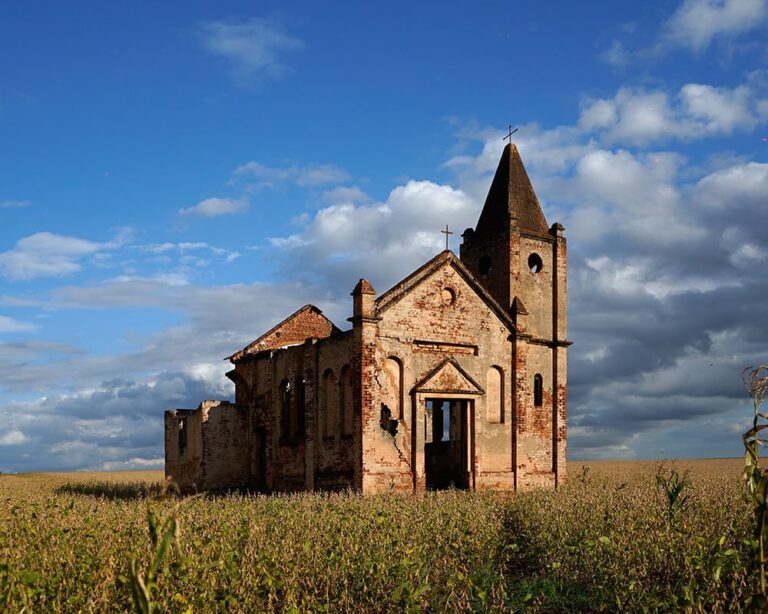verb: craindre
Meanings of “Craindre”:
The French verb “craindre” primarily translates to “to fear” or “to be afraid.” However, its meanings extend beyond mere fear, encompassing a spectrum of related emotions:
- Fear: The most straightforward meaning is to experience fear or be afraid of something. For example, “Je crains les araignées” translates to “I fear spiders.”
- Apprehension: “Craindre” can also express a sense of unease or apprehension. For instance, “Il craint l’avenir” means “He is apprehensive about the future.”
- Respect: In certain contexts, “craindre” is used to convey respect or reverence. For instance, “Elle le craint en tant que professeur” translates to “She respects him as a teacher.”
Conjugation in Present and Passé Composé:
“Craindre” belongs to the third group of French verbs, which are often irregular in their conjugations. Here is how “craindre” is conjugated in the present tense:
- Je crains
- Tu crains
- Il/elle/on craint
- Nous craignons
- Vous craignez
- Ils/elles craignent
In the passé composé tense, “craindre” is conjugated using the auxiliary verb “avoir” and the past participle “craint”:
- J’ai craint
- Tu as craint
- Il/elle/on a craint
- Nous avons craint
- Vous avez craint
- Ils/elles ont craint
Similar Conjugation Patterns:
Several other French verbs share similar conjugation patterns with “craindre.” These verbs include “plaindre” (to pity), “éteindre” (to extinguish), and “atteindre” (to reach or attain). While their meanings differ, their conjugations in various tenses are quite alike due to their common endings and irregularities.
Etymology:
The verb “craindre” traces its roots back to the Latin “credere,” which meant “to believe” or “to trust.” Over time, the word evolved to incorporate notions of fearing or being apprehensive about something.
Idiomatic Expressions:
“Craindre” finds its way into several idiomatic expressions:
- Ne pas craindre le ridicule: Literally translating to “not to fear ridicule,” this expression encourages one to be bold and unafraid of being seen as foolish.
- Craindre pour sa vie: Meaning “to fear for one’s life,” this expression is used when someone is genuinely concerned about their safety.
- Craindre le pire: Translating to “to fear the worst,” this expression captures the sense of apprehension when anticipating negative outcomes.
- Craindre Dieu: Literally, “to fear God,” this expression reflects a sense of reverence and respect for the divine.






